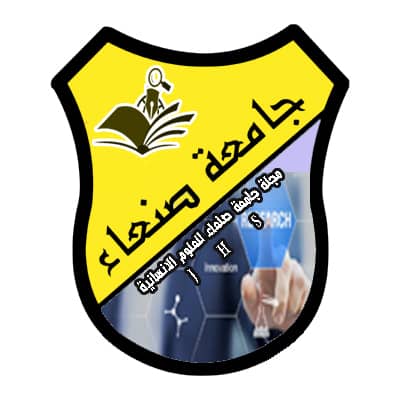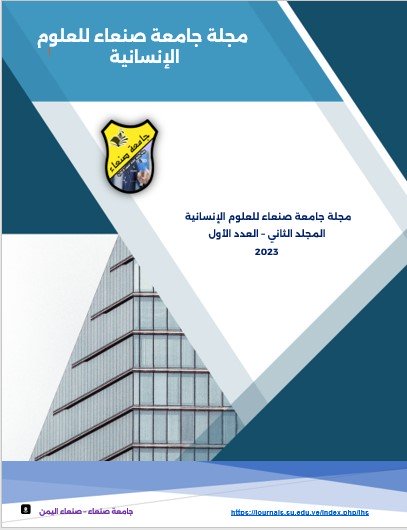The role of Information Systems in Building Smart Organizations
Main Article Content
Abstract
The aim of this study is to demonstrate the role that information systems play with their requirements in building smart organizations from the viewpoint of employees of the Customs Authority’s General Bureau.
In order to achieve the objectives of the study, test its hypotheses and arrive at the results: the descriptive and analytical approach was used, where the study community consisted of 950 employees of the General Bureau of the Authority, and the questionnaire was used as a tool to collect data where the size of the study sample reached (274) individuals and performing statistical treatments on them by a number of appropriate statistical methods within the SPSS program.
The study reached a number of results, perhaps the most prominent of which is: The existence of a direct, statistically significant relationship between information systems and the building of smart organizations, as the information systems contributed to the creation of organized intelligence in the Customs Authority with a moderate rate, while the Customs Authority suffers from the lack of some of the information systems requirements necessary to enhance the building of the smart interest Where the dimension of the regulatory requirements was the least available and low-grade information systems, and the Customs Authority suffers from the limited availability of the dimensions of smart organizations such as electronic management and the achievement of goals at a low level.
The study presented a number of recommendations, perhaps the most important of which are: The need to activate the role of electronic management in providing its services; Because of its great importance in saving time, money and effort, and the interest in supporting creative ideas and promoting a continuous learning strategy; To achieve the goals that, in turn, will affect its transformation from the traditional interest to the smart interest.
Downloads
Article Details

This work is licensed under a Creative Commons Attribution-NonCommercial-NoDerivatives 4.0 International License.

